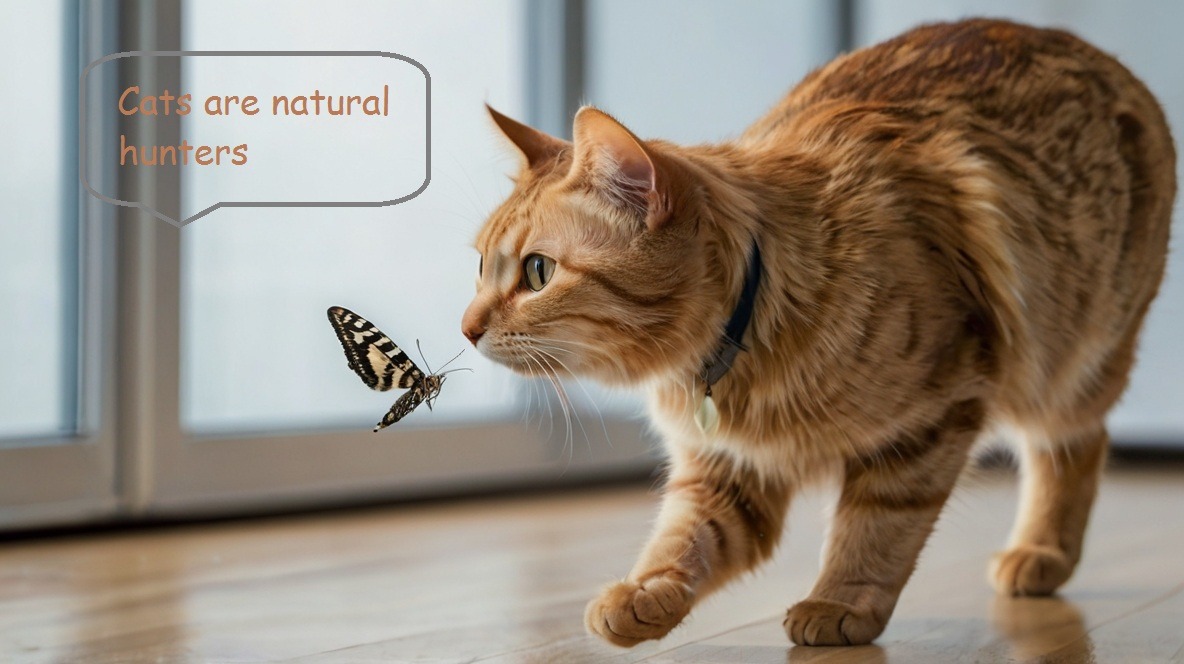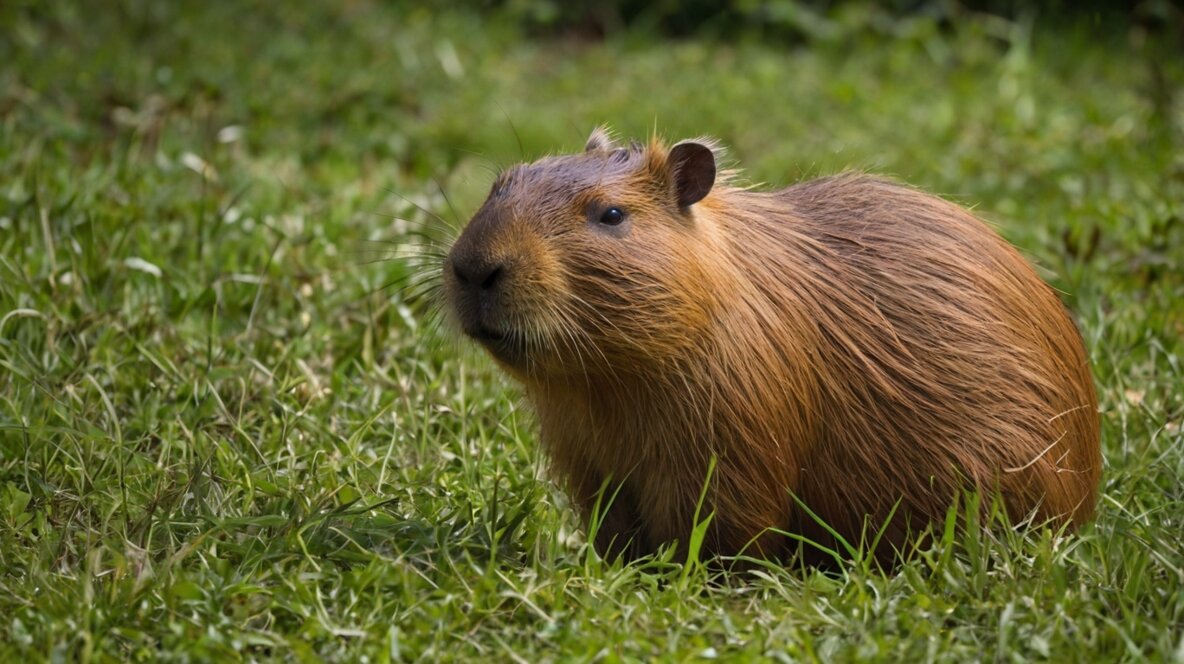Table of Contents
Introduction
Cats eat Moths….!!! Cats are natural hunters, often intrigued by the fluttering of moths around your home. While it’s amusing to watch your feline friend pounce and play, you might wonder if letting your cat eat moths is safe. This article delves into the potential risks, benefits, and important considerations when it comes to your cat consuming these tiny insects.
Understanding a Cat’s Hunting Instinct
Cats are obligate carnivores, meaning their diet primarily consists of meat. However, their hunting instincts extend beyond just catching prey for food. Even well-fed domestic cats may chase and consume insects like moths out of curiosity or for entertainment. This behavior is deeply ingrained in their nature and is a reflection of their wild ancestors.
Are Safe for Cats to Eat Moths?
For the most part, moths are not toxic to cats. If your cat catches and eats a moth, it’s unlikely to cause any immediate harm. Moths are generally non-toxic and don’t contain harmful substances that could pose a significant threat to your cat’s health.
However, there are a few caveats:
- Pesticides: Moths that have been in contact with pesticides can carry these harmful chemicals, which could be toxic to your cat if ingested. If you use pesticides in your home or garden, it’s essential to consider the risks of your cat catching and eating moths.
- Choking Hazard: While rare, a moth could potentially cause a choking hazard, especially for smaller cats or kittens. Keep an eye on your cat if they frequently hunt insects indoors.
- Parasites: Some insects, including moths, can carry parasites. Although the risk is low, it’s something to be aware of if your cat frequently eats insects.

Nutritional Value of Cats Eat Moths
Moths do not offer any significant nutritional value for cats. Cats eat moths, Unlike other insects like crickets or mealworms, which are sometimes included in pet foods as protein sources, moths are not a suitable or substantial food option. They are low in protein and do not provide essential nutrients that your cat needs to thrive.
Risks of Letting Your Cat Eat Moths
- Potential Allergic Reactions: While uncommon, some cats might have allergic reactions to insects. Symptoms could include itching, swelling, or digestive upset. If you notice any unusual symptoms after a cat eat moths, consult your veterinarian.
- Chemical Exposure: As mentioned earlier, moths exposed to pesticides or other chemicals pose a risk to your cat. Even if your cat doesn’t show immediate signs of poisoning, long-term exposure to small amounts of pesticides could be harmful.
- Gastrointestinal Issues: Eating moths could lead to mild gastrointestinal upset in some cats. This could manifest as vomiting or diarrhea, especially if your cat is not used to eating insects.
How to Prevent Your Cat from Eating Moths
If you’re concerned about cats eating, cat eat moths, there are steps you can take to minimize this behavior:
- Environmental Control: Keep windows and doors closed, especially at night when moths are most active. Use screens to prevent insects from entering your home.
- Redirect Their Energy: Provide plenty of toys and playtime to satisfy your cat’s hunting instincts. Interactive toys, laser pointers, or puzzle feeders can keep them engaged and less likely to hunt insects.
- Monitor Pesticide Use: If you must use pesticides, choose pet-safe options and apply them in areas your cat cannot access. Be mindful of where moths are most likely to come into contact with these chemicals.
- What to Do If Your Cat Eats a Moth?
If cats eat moths, there’s usually no need for immediate concern. However, monitor your moths for any signs of distress, such as vomiting, lethargy, or changes in behavior. If you notice your Cat eat moths, any of these symptoms, or if you suspect the moth may have been exposed to pesticides, contact your veterinarian for advice.
FAQs
1. Can moths make my cat sick?
In most cases, cats eat moths, moths will not make your cat sick. However, if the moth has been exposed to pesticides or if your cat has an allergic reaction, there could be health concerns.
2. Should I stop my cat from hunting insects?
While it’s natural for cats to eat moths, you can discourage this behavior by providing alternative forms of entertainment and ensuring your home is free of insects.
3. What should I do if my cat shows symptoms after eating a moth?
If your cat exhibits symptoms like vomiting, diarrhea, or unusual behavior after eating a moth, consult your veterinarian for advice.
4. Are other insects safe for cats to eat?
Some insects are safe for cats to eat moths in small quantities, but others can be toxic. It’s best to avoid letting your cat eat any insects, especially those that could have been exposed to chemicals or that are known to carry parasites.
5. How can I keep my home free of moths?
To prevent moths from entering your home, keep doors and windows closed, use screens, and reduce outdoor lighting that attracts moths.
Conclusion
While letting your cat eat moths here and there is generally safe, it’s important to be aware of the potential risks involved. By taking preventive measures and monitoring your cat’s eating moths and then checking their behavior, you can keep your feline friend safe and healthy. Remember, if you have any concerns about your cat’s health or diet, consulting with a veterinarian is always the best course of action.



